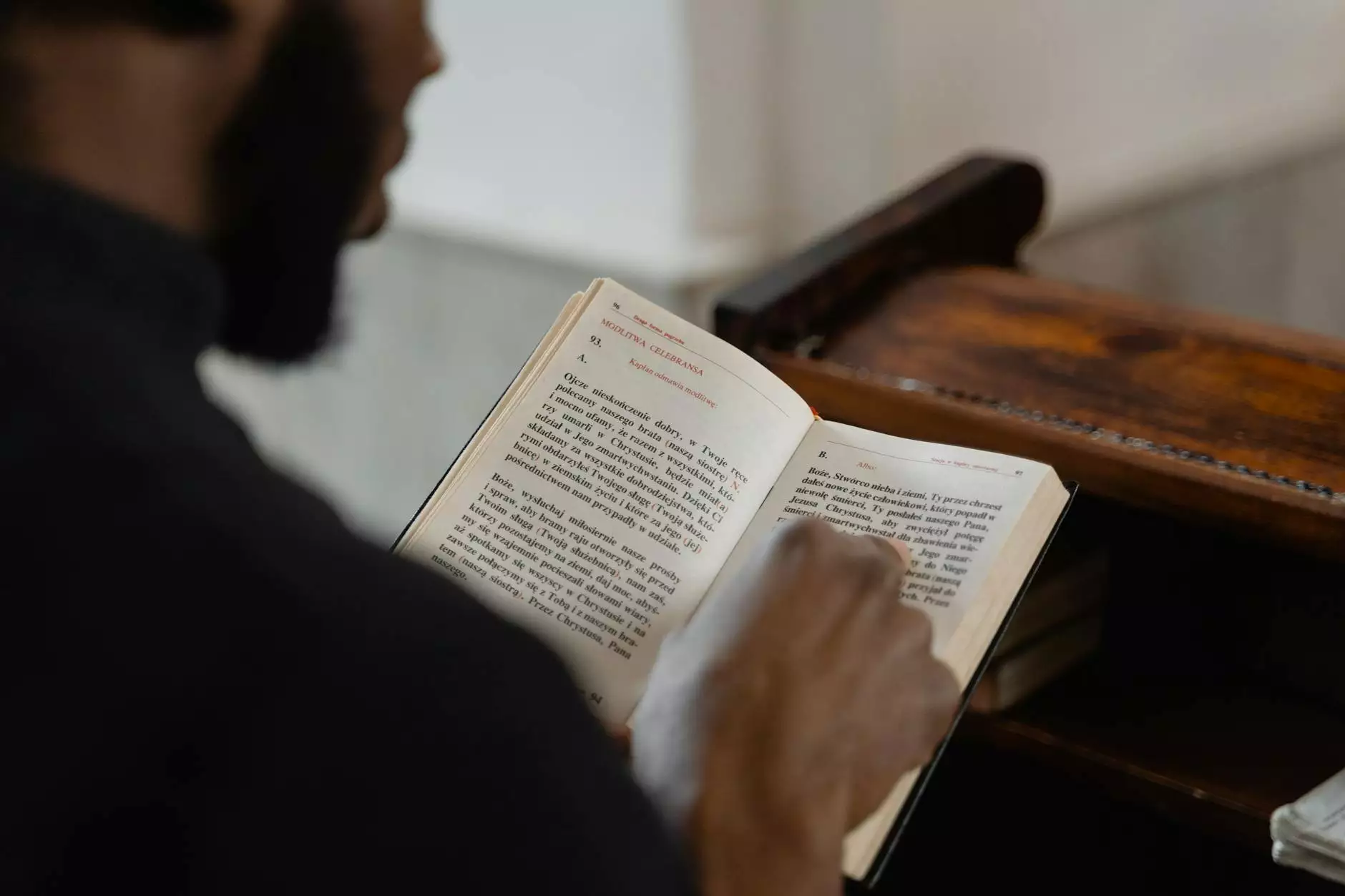The Pharisee and the Tax Collector
Sermons
Understanding the Biblical Story
The biblical story of the Pharisee and the Tax Collector holds deep spiritual insights that can profoundly impact one's faith and beliefs. In this narrative, Jesus recounts a parable to highlight the contrasting attitudes of two individuals towards prayer and righteousness.
The story begins with a Pharisee and a Tax Collector entering the temple to pray. The Pharisee, known for his religious observance and self-righteousness, stands before God and boasts about his righteous deeds. He loudly proclaims, "God, I thank you that I am not like other people—robbers, evildoers, adulterers—or even like this tax collector. I fast twice a week and give a tenth of all I get."
On the other hand, the tax collector, aware of his sinful nature and unworthiness, stands at a distance, not even daring to lift his eyes to heaven. Instead, he beats his chest and prays, "God, have mercy on me, a sinner."
Key Lessons from the Story
This parable teaches us several important lessons:
- The Danger of Self-Righteousness: The Pharisee's attitude represents the danger of becoming self-righteous and judgmental. Instead of recognizing his own flaws, he prides himself on his religious practices and looks down upon others. This serves as a reminder for us to show humility and avoid self-centered religiosity.
- The Power of Humility: The tax collector, on the other hand, displays a humble and contrite heart. He acknowledges his sins and pleads for God's mercy. Through his humility, he finds forgiveness and grace. This teaches us the power of humility in seeking spiritual growth and transformation.
- The Nature of True Righteousness: The story reveals that true righteousness is not merely found in external acts of religious devotion but in the condition of one's heart. The tax collector, though considered sinful by society, demonstrates genuine repentance and a desire for reconciliation with God. This challenges us to prioritize authentic faith over superficial appearances.
Applying the Lessons to Our Lives
The parable of the Pharisee and the Tax Collector invites us to reflect on our own approach to prayer, righteousness, and our relationships with others. Here are some practical ways to apply these lessons to our lives:
Fostering Humility
Recognize your own shortcomings: Take an honest inventory of your strengths and weaknesses, acknowledging that everyone falls short at times. Avoid the temptation to compare yourself favorably to others.
Cultivate a heart of gratitude: Rather than boasting about your achievements, develop a grateful heart that recognizes and appreciates the blessings conferred upon you.
Prioritizing Authentic Faith
Nurture inner transformation: Instead of focusing solely on external religious practices, devote time to personal reflection, prayer, and cultivating a genuine relationship with your Creator.
Show compassion and empathy: Just as the tax collector demonstrated empathy towards his fellow human beings, strive to understand and empathize with others, exercising love and compassion in your interactions.
Seeking Reconciliation
Practice forgiveness: Learn to forgive others and seek forgiveness when necessary. Holding onto grudges or harboring resentment only hinders personal growth and obstructs the path to reconciliation.
Engage in acts of service: Follow the example of Jesus by engaging in acts of kindness and service to both the local community and those in need. By doing so, you demonstrate God's love in practical ways.
Conclusion
The parable of the Pharisee and the Tax Collector serves as a powerful reminder to cultivate humility, prioritize authentic faith over religious appearance, and seek reconciliation with God and others. Through this timeless biblical story, we are encouraged to examine our hearts, embrace humility, and embody the transformative power of God's love.










